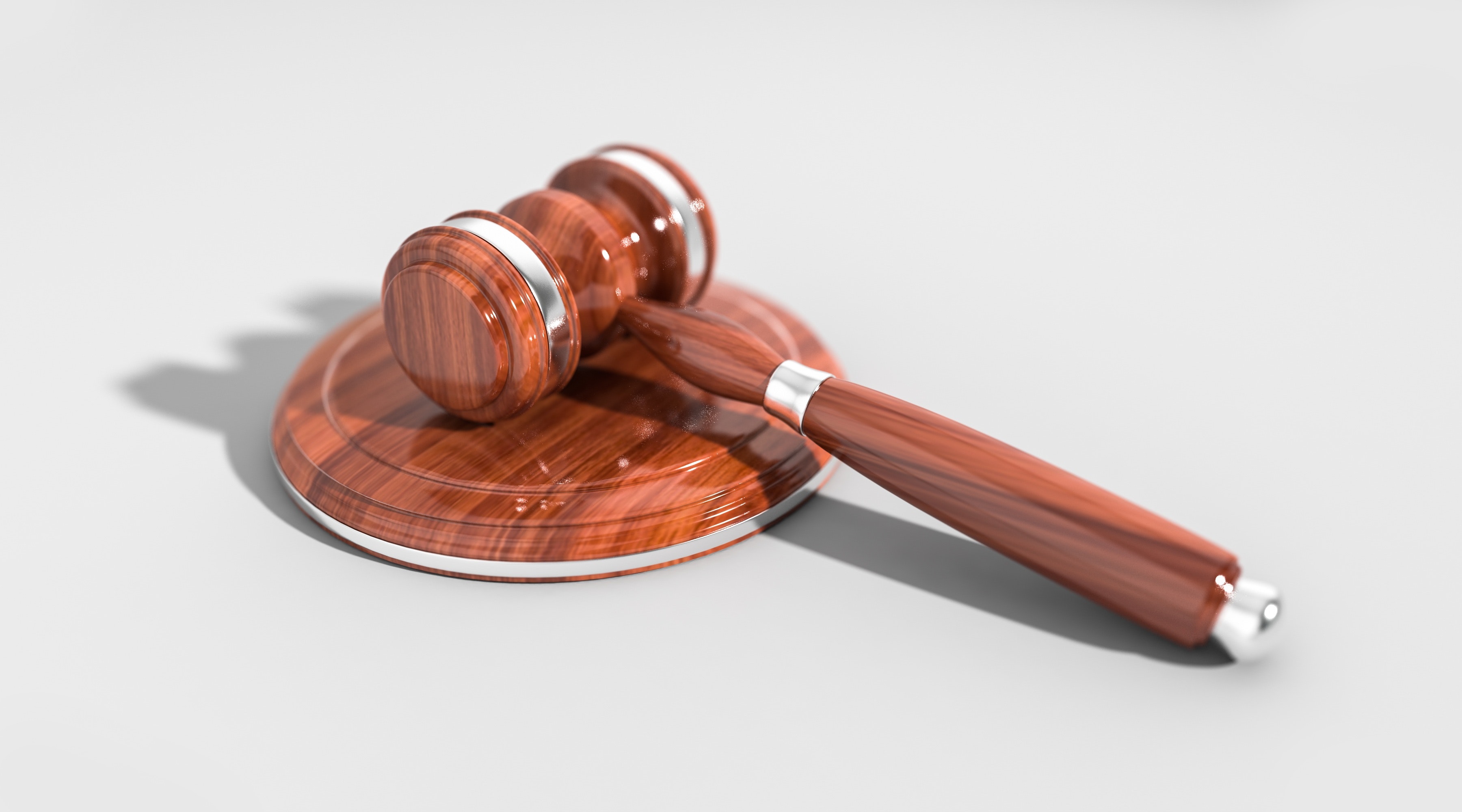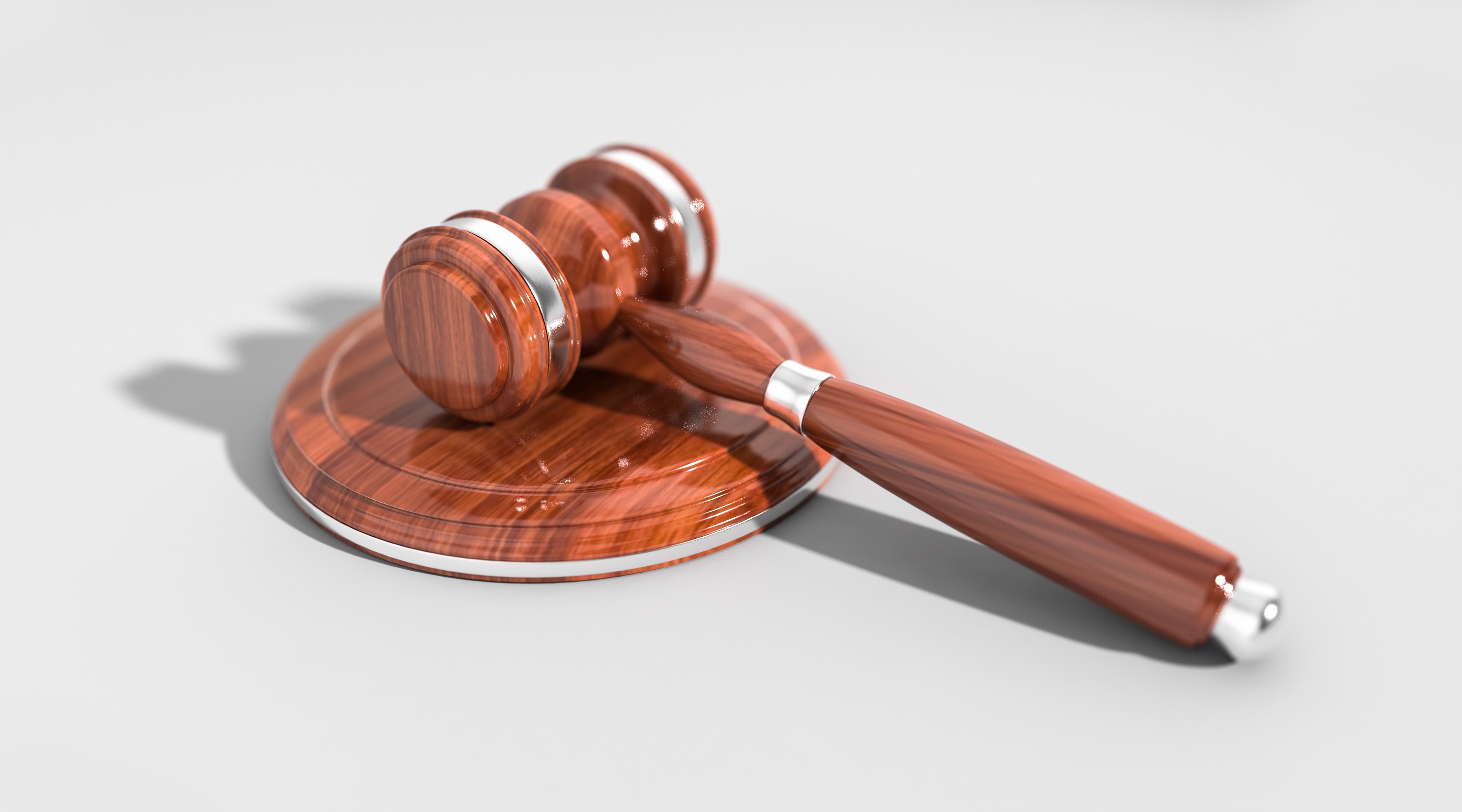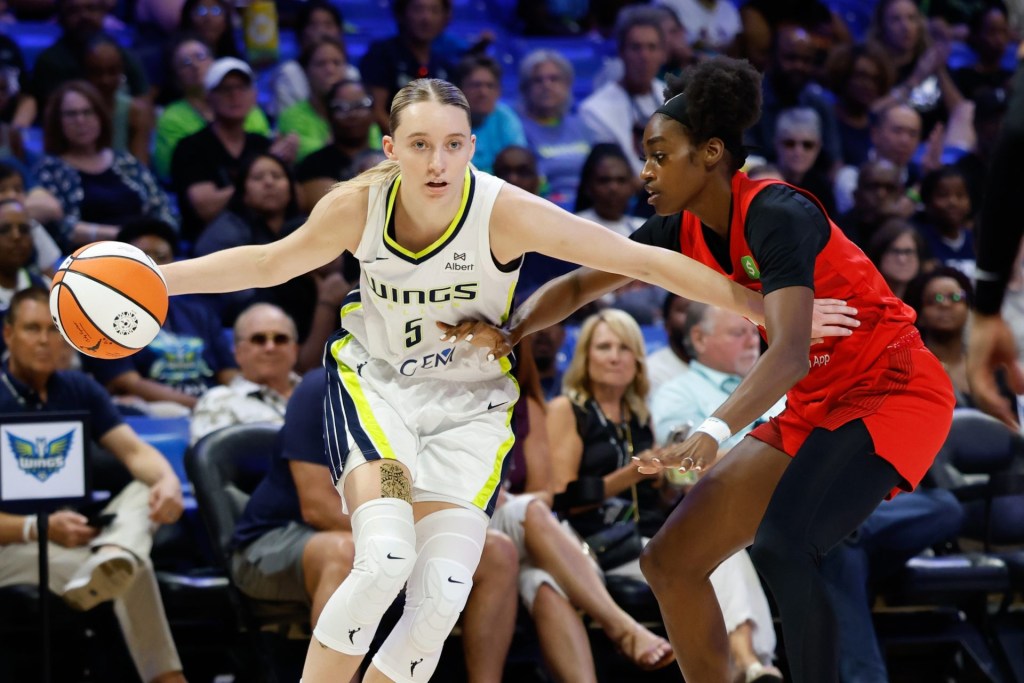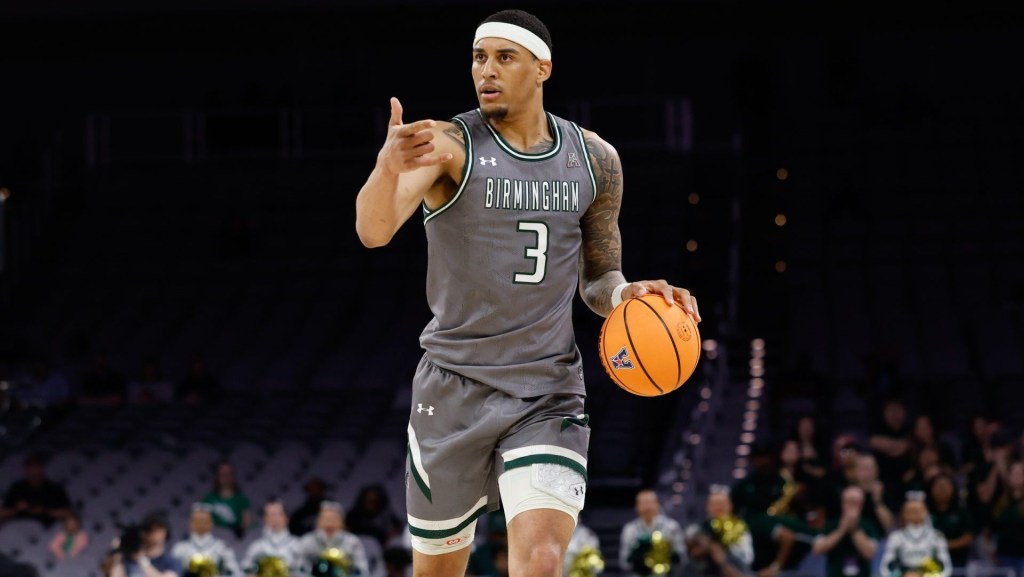
Court is in session (Image via Pexels)
In each weekly legal briefing here at FOS, I am going to give an introductory overview about different types of law so that sports professionals can have a better understanding of the body of law that makes up “sports law.”
This week, I am highlighting my personal favorite body of law: intellectual property.
One of the most forward-thinking parts of the United States Constitution is found in Article I, Section 8, Clause 8, “To promote the sciences and useful arts by securing for limited times to authors and inventors the exclusive right to their respective writings and discoveries.” Better known as the Intellectual Property Clause of the Constitution, this sentence Is one of the most important in human history: the Framers of the Constitution foresaw the value of ideas and of creative thought and knew that they needed to protect intellectual property rights in order to preserve the entrepreneurial spirit of Americans across the country.
This clause led to the establishment of rights in trademarks (which attempt to protect brands in commerce and prevent consumer confusion), copyrights (protection of content on a fixed medium– either in writings, in music, or on film), patents (protecting ideas related to the creation of inventions) and other types of intellectual property (including trade secrets, publicity rights, and unfair competition laws).
Ultimately, the development and promulgation of new ideas is the final frontier in human innovation: a grand effort to progress the human race through the protection of those ideas. And, as the sports world moves into the middle of the 21st century, an understanding of these intellectual property rights have never been more important. Because so much of the sports industry is encapsulated in digital spheres, intellectual property issues are common legal concerns that sports businesses have to frequently address.
Intellectual property cases are very consequential in sports.
For example, O’Bannon v. NCAA (which I highlighted on Twitter in light of the March Madness tournament) is one of the most important cases in sports history. In this case, former UCLA star Ed O’Bannon sued the NCAA and Electronic Arts under a theory of intellectual property law– namely, the Right to Publicity. O’Bannon asserted that the NCAA and EA Sports did not have the right to feature his likeness in a video game without his being compensated. A person’s likeness is the totality of the characteristics that make up the appearance of a person; in O’Bannon, EA Sports was using his likeness when they created a player in their NCAA video game which was nearly identical to O’Bannon: they featured his same size and height, emphasized his real-world best and worst basketball traits, and (chronologically) placed him on the UCLA team which he competed on. The Court ultimately ruled that the NCAA and EA Sports could not feature O’Bannon or any NCAA players without paying them: leading to the death of the NCAA video game franchise.
Cases like O’Bannon are the very reason why a working understanding of the law around sports is important, as cases can immediately impact sports businesses.
These are the top legal headlines in sports over the last week:
TEAM OPERATIONS
Potential bidders for the Carolina Panthers, including Fanatics executive chairman Michael Rubin, are balking at the asking price for the NFL franchise. The Panthers’ asking price is $2.5 billion, which would be the largest sale price of a professional sports franchise if the Panthers get their asking price.
The new stadium that is being built in Los Angeles will now exceed $4.9 billion after the original price tag on the stadium was approximately $2 billion. L.A.’s stadium, which will host the opening and closing ceremonies of the Olympics and the NFL’s media arm, is set to be the most expensive stadium built in the history of the United States.
GAMBLING
Before the Supreme Court has the chance to rule on the federal gambling case (Christie v. NCAA), states — such as Kansas — are preemptively attempting to pass legislation to legalize sports gambling in their respective states. The bill currently being introduced on the floor of the Kansas’ state senate calls for a legalization of sports gambling with up to a 5% tax. More states could pass similar bills in the near future.
LEAGUE OPERATIONS
Over the past few days, the NFL’s owners have been conferring over potential bylaws changes and in-game rule changes. The changes, which were approved, contained: changes to the definition of a catch, adjustments to the NFL’s bylaws on topics such as roster size and the waiver process, as well as “competitive equity” for west coast teams who often play early “morning” games due to travelling to the eastern time zone. Check out the changes the league has made.
JUSTICE
The White Sox have rehired groundskeeper Nevest Coleman who was accused of murder and spent 23 years in prison for a crime he did not commit. The White Sox statement: “We’re grateful that after more than two decades, justice has been carried out for Nevest,” the team said in a statement. “It has been a long time, but we’re thrilled that we have the opportunity to welcome him back to the White Sox family. We’re looking forward to having Nevest back on Opening Day at home in our ballpark.”
A former dean of Michigan State, who was responsible for the oversight of sexual predator Dr. Larry Nassar, was arrested on Monday and is facing felony charges. The specifics of each of the charges is going to be released at some point this week.
















